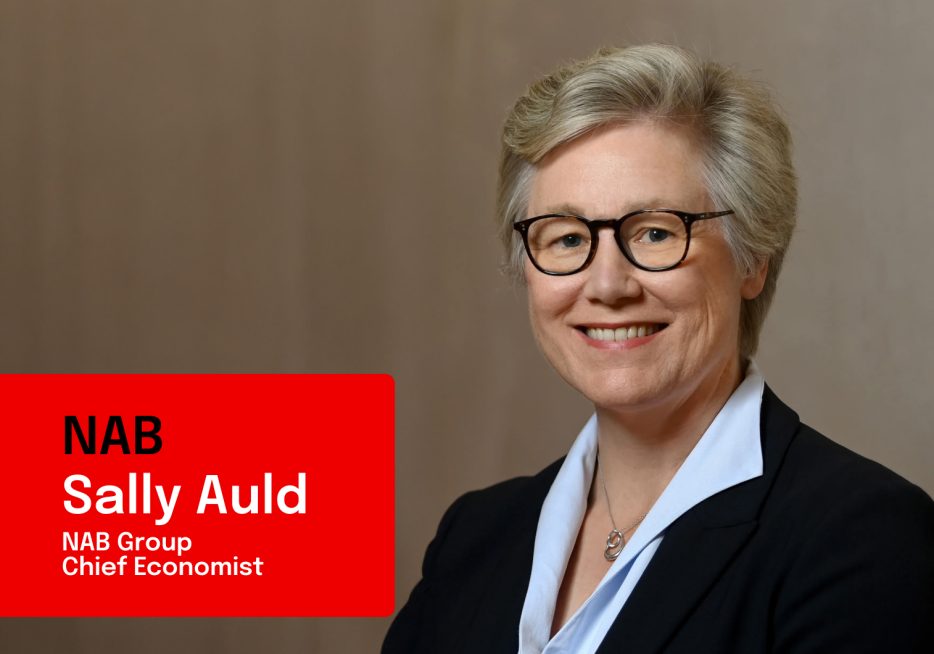Long-term signal vs. Short-term noise


Insight
Corporate social responsibility sounds like an excellent idea but in practice it often goes straight into the too-hard basket. Here’s how taking your staff away from the daily grind can save your business in all the ways that matter.

Increasing profits is the aim of almost every business on the planet. Letting your staff donate time to charity as a means to boost your corporate bottom line could seem counter-intuitive but the truth is it’s serendipity in action.
In the eyes of many, businesses should stick to business and leave governments or charities to address social problems. Yet Kylee Bates, CEO of not-for-profit Ardoch Youth Foundation, believes this thinking is changing, to the benefit of all parties.
“What’s now widely recognised is that no one sector – be it government, community organisations or business – can deal with the big challenges facing us,” she says. “The United Nations, for example, is increasingly focusing on the role the private sector can play in mobilising resources.”
The encouraging news for business owners is that partnering with charities can have positive side effects on the bottom line. “There’s a growing body of research that shows corporate volunteering results in staff being more fulfilled, engaged and loyal, as well as physically and mentally healthier,” Bates says.
Bernie Fanning is a Regional Business Executive at NAB who has not only been with the business for 45 years but today manages one of NAB’s largest business banking centres in Australia. He believes his team’s decade-long partnership with Ardoch has been transformative.
“A decade ago, my then boss got back from studying at Harvard fired up about corporate social responsibility. This was around the time of the GFC, when many businesses were going into survival mode rather than worrying about supporting community organisations. Nonetheless, NAB partnered with Ardoch, which, among other services, helps kids from disadvantaged backgrounds complete their high school education.”
Fanning’s staff were given the opportunity to get involved in Literacy Buddies, Ardoch’s award-winning program facilitating pen pal relationships. NAB staff visit a child they’re partnered with at school and host them at their workplace but mainly exchange letters with them. “The program works because the employee volunteers get to have a direct interaction with those they are helping without having to be available for large blocks of time,” says Ardoch’s Bates.
“The kids write to you asking what footy team you go for or what you wanted to be when you grew up,” says Fanning. “You write back, hopefully with some good advice and encouragement. Since we got involved, around 70 per cent of my staff – young and old, male and female, junior and senior – have taken part in the program each year.”
Fanning and his team also hold fundraising events and organise excursions. “We have a golf day, as well as pie night where AFL stars auction items,” Fanning says. “We’ve now raised over $1 million. On top of that, we organise outings. I’ll never forget taking a group of 12-year-olds from Flemington into Melbourne. One of them asked me, ‘Is this New York?’. He’d never been into the city.”
While the children gain in experience and insight into new worlds, so too do the volunteers and their employer gain.
“I’ve got negligible staff turnover,” Fanning says. “People ask how to keep Gen Y around. The answer is to make them feel good about themselves and the organisation they work for.”
And while NAB didn’t and doesn’t partner with Ardoch to retain or acquire customers, it’s turned out people like being associated with an organisation making a positive contribution. “We’ve had individuals attend one of our fundraising events, comment that our values align with theirs, then move their banking over to us,” notes Fanning. “Big businesses don’t always have the best reputation. Giving something back shows a business is concerned with more than just its bottom line. That means people – be it staff, suppliers, shareholders or customers – are proud to be associated with that brand.”
Other upsides are difficult to quantify but no less real.
“Corporate volunteering makes people more selfless, which fosters stronger, more stable teams,” Fanning says. “My team has been number one in the state, in terms of financial performance, for the past 10 years. That’s partly down to the high morale and selflessness fostered by involvement in Literacy Buddies.”
So, what advice do Fanning and Bates have for business owners or managers contemplating corporate volunteering?
“Do something that involves helping people,” Fanning says. “Other forms of volunteering might be worthwhile but there’s nothing like the feeling that you’ve made a difference in someone’s life.”
“Business owners should work out what their objectives are,” says Bates. “What type of social contribution do they want to make? What impact do they want that to have on their employees? A well-run program should have data about the results it’s achieving. For example, with Literacy Buddies, last year we had 942 workplace volunteers helping 39 classes and over 10,000 letters sent.
“Seventy-two per cent of teachers reported they observed an improvement in the quality of their students’ communication as a result of the letter writing. Eighty-nine per cent of volunteers said their participation made them feel proud to work for their employer.”
Bates’ final tip is to consult before committing.
“It’s not uncommon for an employer to get involved in an initiative that excites them but doesn’t resonate with their people,” she says. “Start by asking your employees what good causes they are most passionate about volunteering for.”
© National Australia Bank Limited. ABN 12 004 044 937 AFSL and Australian Credit Licence 230686.